Log in and enrol
Introducing Metadesign
Introducing Metadesign
Introducing Metadesign aims to present the whole design process, covering phases, activities and tools, enabling students to “designing the design process”.
Course description
The “Introducing Metadesign” stems from the need to transfer a methodology, a consolidated research practice able to support the design process. The design process is inextricably linked to all the elements of constraint and context that characterize the reality in which the product/service will be developed, communicated, marketed and used. The course structure foresees the reconstruction in phases and successive elaborations of all the elements of context that come into relation with the object of the design process (product, space, service, communication artifact…) influencing its characteristics and creating the “platform” of elements that make its development possible. The set of contextual elements is the scenario on which the construction of the design brief is based, that is the explanation of all the elements that contribute to define a new product. This is not the result of a deterministic vision of design as a direct consequence of the elements of context - production, resources, market, context of use - but the formalization of a practice that in the Italian context has historically fueled the ability to continuously and constantly innovate. Design research thus becomes the tool through which the awareness of the system of available resources is built by creating an organized knowledge platform, a metadesign, which already contains all the elements defining the product.
The course is divided into three weeks, each one examines a specific topic in depth: an historical and context analysis, a panorama on tools and process of Metadesign approach, a final exploration of practical applications of such approach in different fields of design, from fashion to cultural heritage, from products to interiors.
Each week is divided into short lectures, bibliography and additional materials, a weekly quiz and a be active section.
This MOOC is integrated, as didactical experimentation, in the course “Metadesign Studios” at Politecnico di Milano. This means that, if you are a Politecnico di Milano student, enrolled in this course, and you want to access the final exam of your curricular studio, you have to complete the MOOC and obtain the Certificate of accomplishment.
For this reason the MOOC offers two different paths with different activities in “be active” sections. Let’s have a look, in the following table, what is mandatory for whom in order to obtain the Certificate:
| c1 | c2 | c3 |
|---|---|---|
MOOC participants who are enrolled to “Metadesign studios” at Politecnico di Milano |
MOOC participants who are not enrolled to “Metadesign studios” at Politecnico di Milano |
|
| Mandatory | Watching videos | Mandatory |
| Mandatory | Responding correctly to 60% of the questions, in total, in the 3 weekly quizzes | Mandatory |
| Check with your Faculty (If you are required to perform them, follow the activity in the green box) | Completing the 3 activities in “Be active” sections | Optional |
Total workload of the course: 15 hours
This MOOC is provided by Politecnico di Milano.
Intended Learning Outcomes
By actively participating in this MOOC, you will be able to:
- Analyze historical and contextual factors to understand the evolution and framework of Metadesign. ESCO: conduct research on trends in design, ESCO: art-historical values
- Apply tools and processes of the Metadesign approach to structure research-driven design strategies. ESCO: develop design concept
- Demonstrate practical applications of Metadesign in various design fields, including fashion, cultural heritage, product design, and interior design.
Prerequisites
No prerequisite knowledge is required. Nevertheless, to have a basic understanding of the design discipline and founding theories, Students are invited to read:
- Heskett, J. (2005). Design: A very short introduction (Vol. 136). Oxford University Press.
- Disegno industriale: un riesame, 1991, “Campi del sapere” n. 142, Feltrinelli (ISBN 88-07-10142-4).
Activities
Over and above consulting the content, in the form of videos and other web-based resources, you will have the opportunity to discuss course topics and to share ideas with your peers in the Forum of this MOOC. The forum of this MOOC is freely accessible and participation is not guided; you can use it to compare yourself with other participants or to discuss course contents with them.
Section outline
-
-
Week 1 is about discovering the meaning of Metadesign and the hystorical process of its evolution.
-
Week 2 is about presenting how Metadesign is concretely structured and the techniques of research
-
In this Week you will have a series of examples of applications of the Metadesign approach into different design sectors such as product design, interior design, fashion design and design for cultural heritage
-
-
Bibliography Page
-
Assessment
Your final grade for the course will be based on the results of your answers to the assessed quizzes. You have an unlimited number of attempts at each quiz, but you must wait 15 minutes before you can try again. You will have successfully completed the course if you score 60% (or higher) in each one of the assessed quizzes. The maximum score possible for each quiz is given at the beginning of the quiz. You can view your score in the quiz on your last attempt or on the 'Grades' page.
If you are not a student enrolled at Metadesign Studios at Politecnico di Milano - School of Design, activities in “Be active” sections are not mandatory, but we strongly believe they offer you a concrete opportunity to improve your knowledge!
Certificate
You can achieve a certificate in the form of an Open Badge for this course, if you reach at least 60% of the total score in each one of the assessed quizzes and fill in the final survey.
Once you have completed the required tasks, you will be able to access ‘Get the Open Badge’ and start issuing the badge. Instructions on how to access the badge will be sent to your e-mail address.
The Badge does not confer any academic credit, grade or degree.
Information about fees and access to materials
You can access the course absolutely free of charge and completely online.
Course faculty
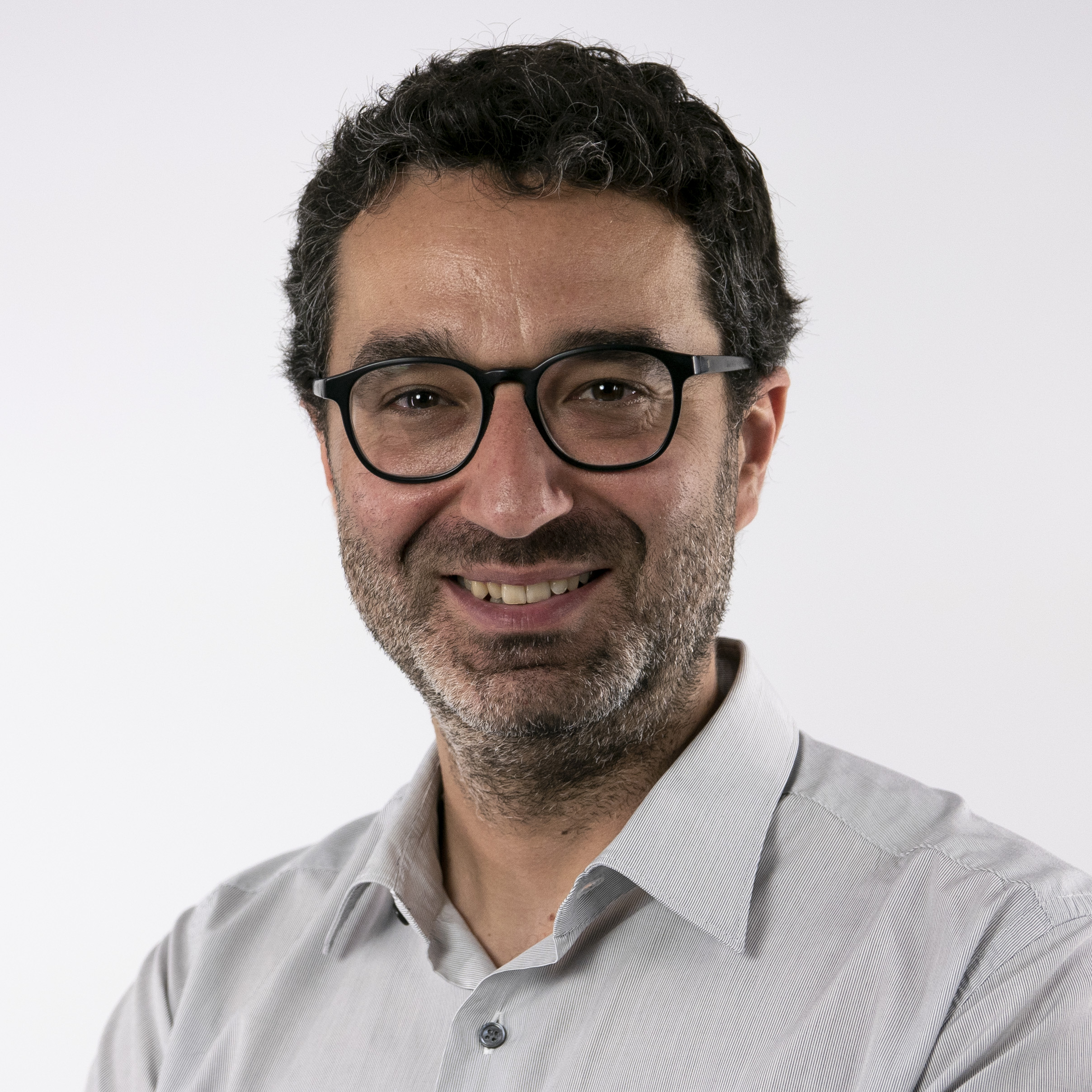
Venanzio Arquilla
Venanzio Arquilla is Associate Professor of the Politecnico di Milano - Design School, Secretary of the Bachelor Degree on Product Design and the Master Degree on Product Design for Innovation at the Politecnico di Milano - Design School. His research activities deal with design innovation tools and methodologies, UX, service design, design policies, making and fabbing, including different research on innovation and technological transfer of design at national and international levels.
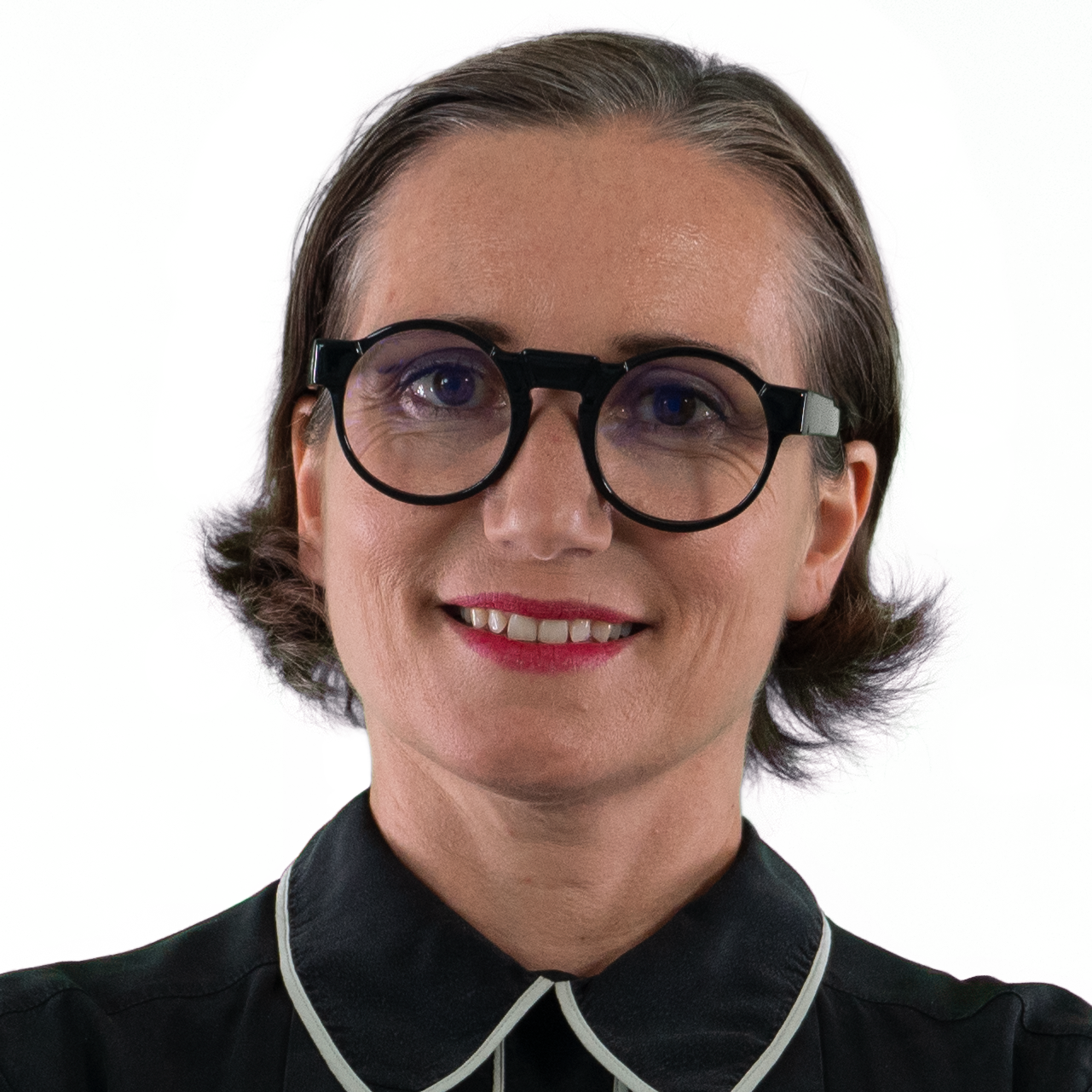
Paola Bertola
Paola Bertola, Phd in Design is full professor at Politecnico di Milano - Design Department where she co-ordinates the Design PhD Program. She teaches Metadesign and Branding at Politecnico di Milano School of Design and held lectures and seminars at Italian and international university institutions. Her research interests relate to the management of creative processes in culture intensive industries with special attention to the fashion sector.
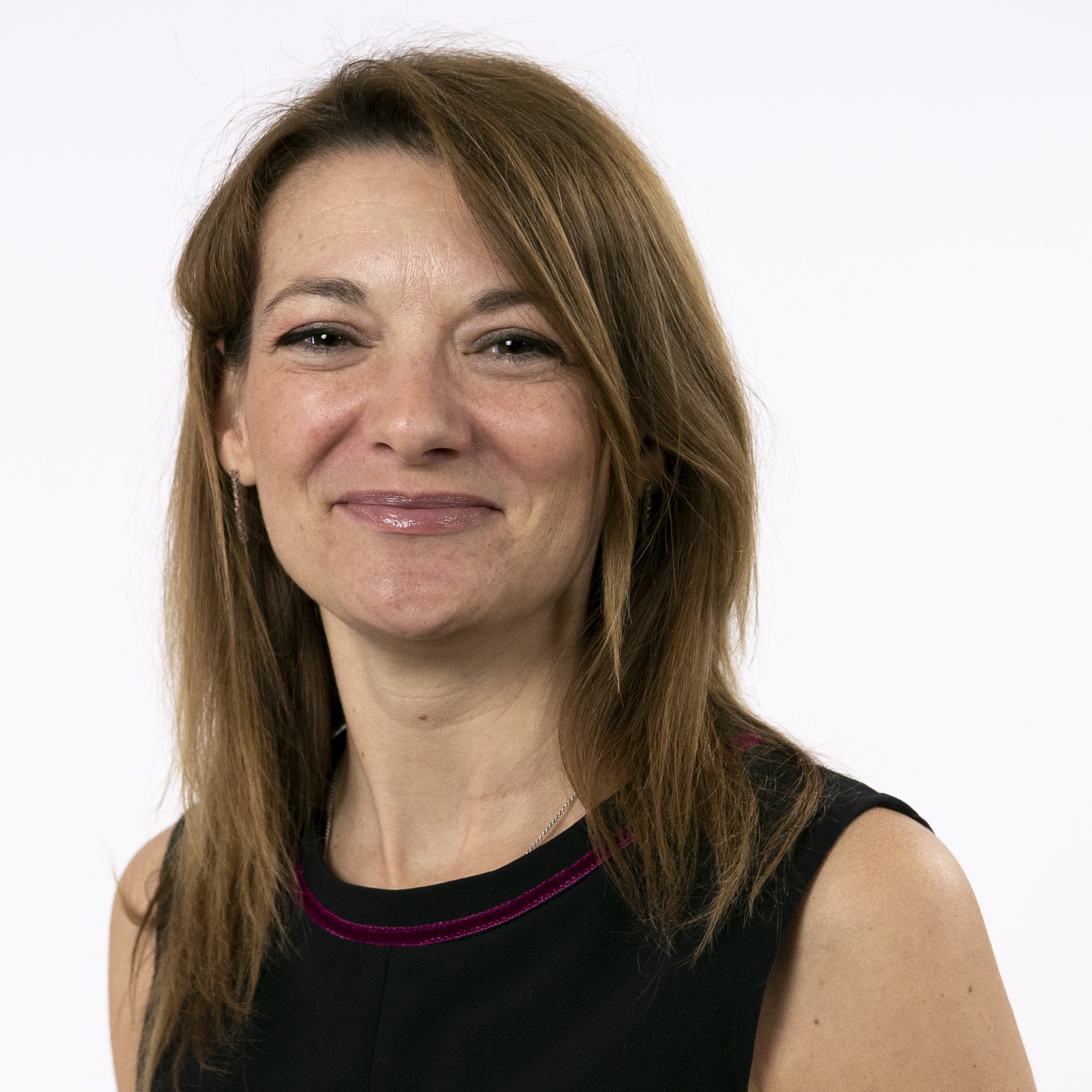
Manuela Celi
Manuela Celi PhD in Industrial Design, is currently associate professor at the Politecnico di Milano’s Department of design. She teaches Industrial design at the Bachelor of Science in Product Design and at the Master of Science in Integrated product design. Fostering design as culture, her research interest are relate to the forms of knowledge related to design, the design process, the tools and practice of design and on its transdisciplinary and anticipatory nature.
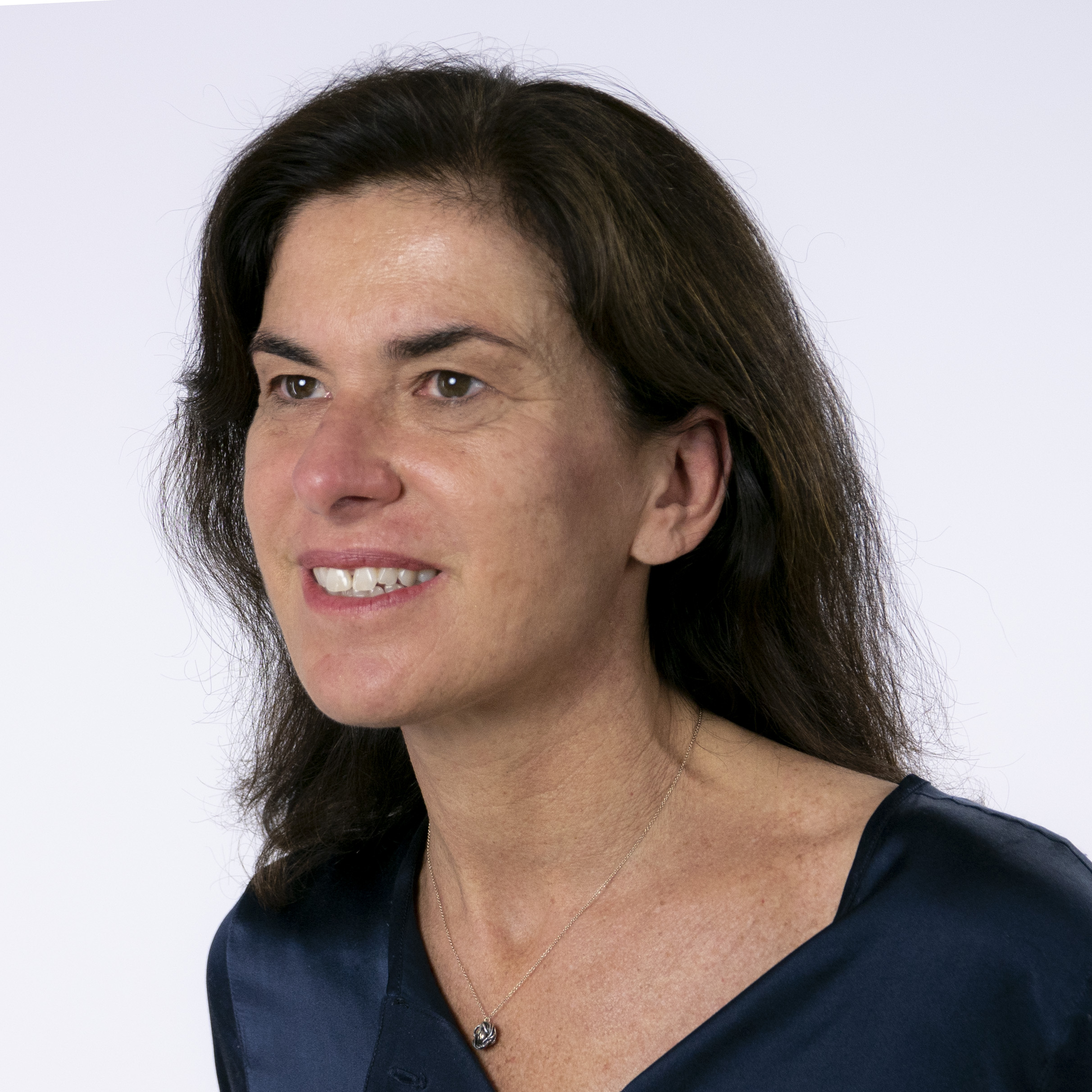
Luisa Collina
Luisa Collina, PhD, full professor, Dean of the Design School of Politecnico di Milano. She is currently the Rector Delegate for the Coordination of International and External Relationship for Architecture and Design. Since 2013, she has been President of Cumulus, the International Association of Universities and Colleges of Art, Design and Media. Her main interests concern interior architecture and design with a specific focus on services, strategic design and design driven innovation.
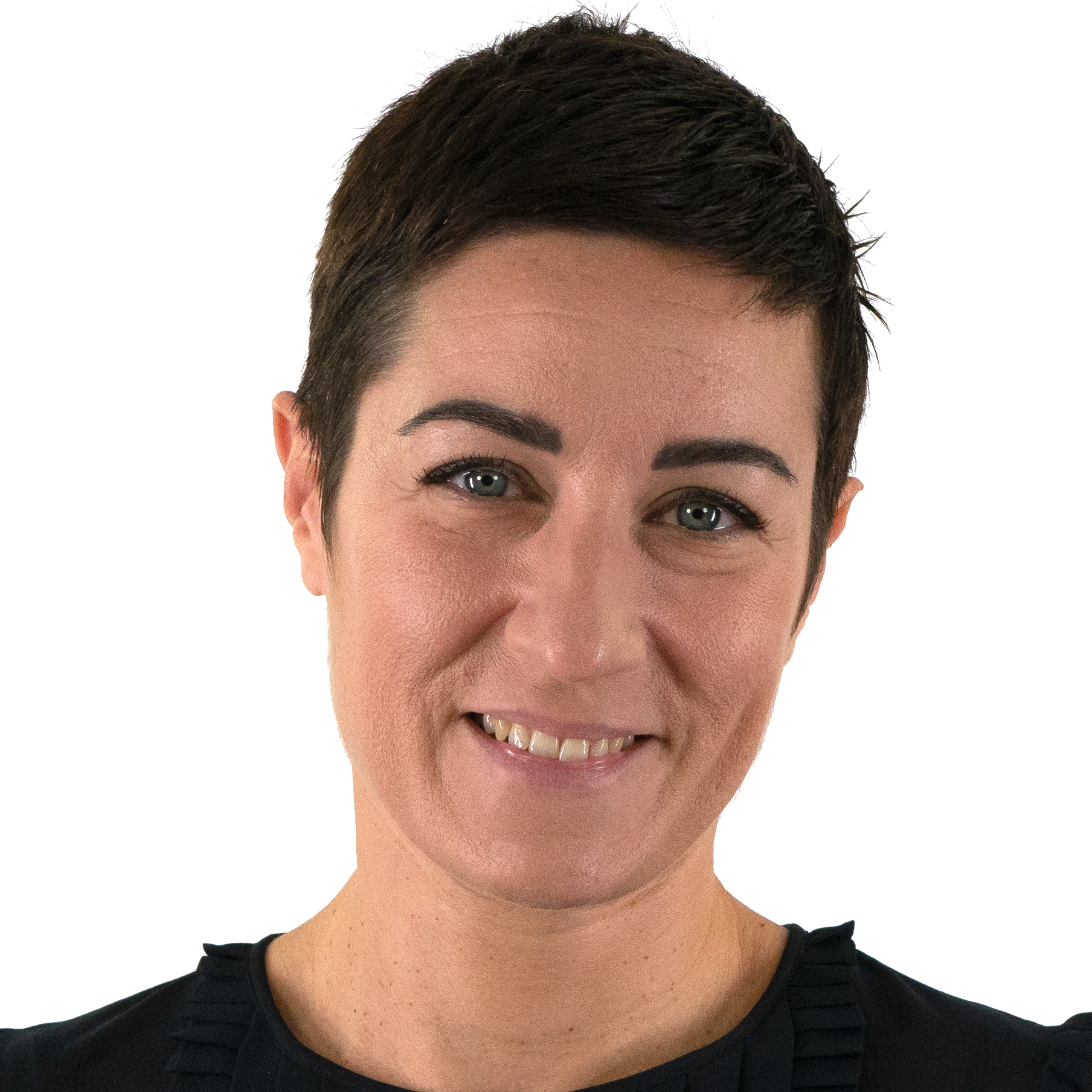
Chiara Colombi
Chiara Colombi, PhD in Design, is associate professor at Politecnico di Milano - Design Department. She teaches Metadesign at Politecnico di Milano School of Design in the Fashion Design Programme (Ba level) and Product and Collection Development in the Master in Luxury Management at Politecnico di Milano School of Management. Her research interests relate to codifying creation processes and knowledge transfer, fashion trend research and merchandising systems in the fashion sector.
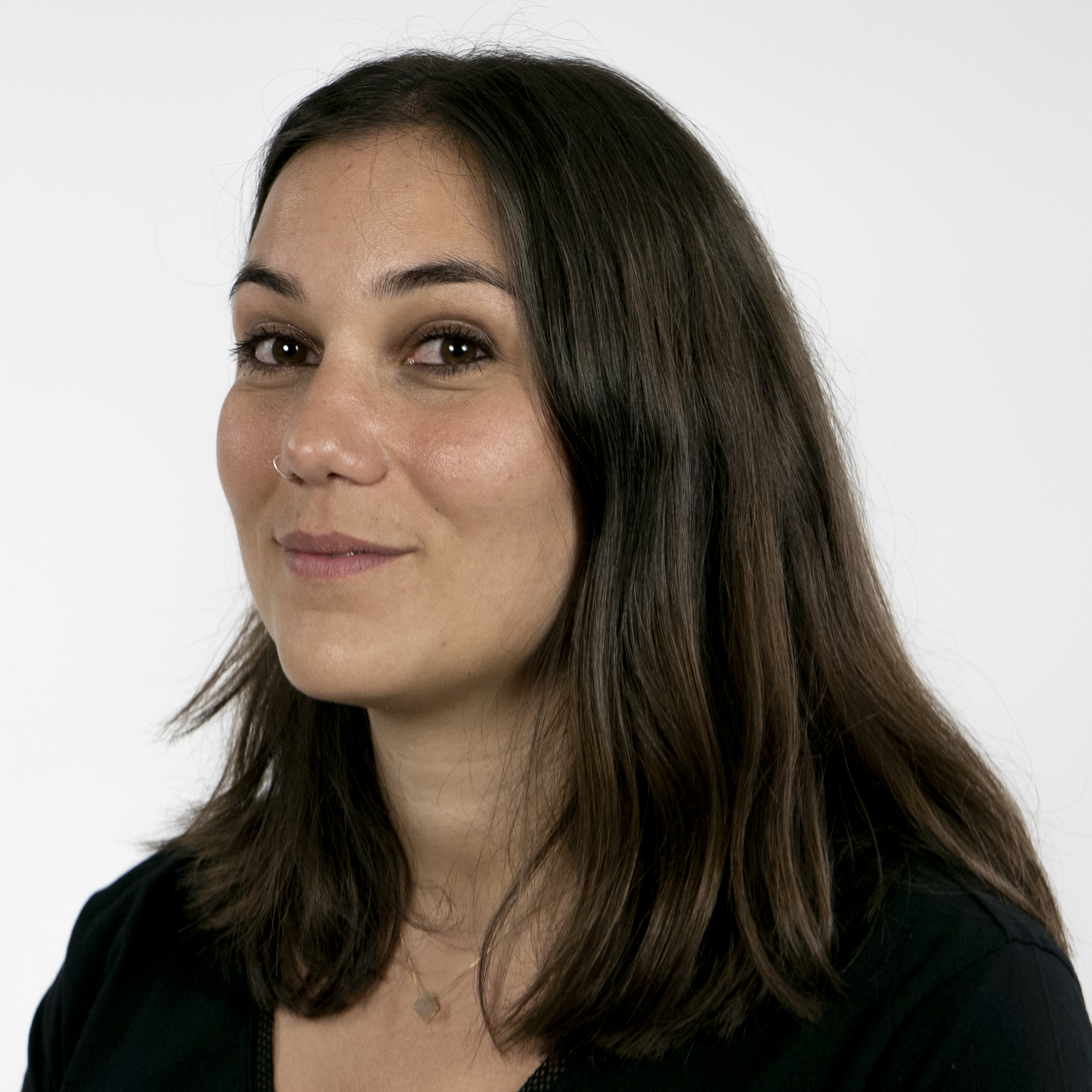
Laura Galluzzo
Laura Galluzzo, PhD, Research Fellow at the Design Department and Adjunct Professor in Interior and Service Design at the School of Design of the Politecnico di Milano. She is Visiting Professor in several international schools of design. Her most recent Design for Social Innovation research projects are: “campUS” (2014-16), a local research project which has been awarded the XXV Compasso d’Oro (2018), “Human Cities – Challenging the City Scale” (2014-18) and “Comunicare Ospitando” (2017-now) a research project for the Polimi-residences. Her PhD research was about “temporary living”, especially in the contest of mega-events. She designed the interiors and services for the Expo Village for Expo Milan 2015.
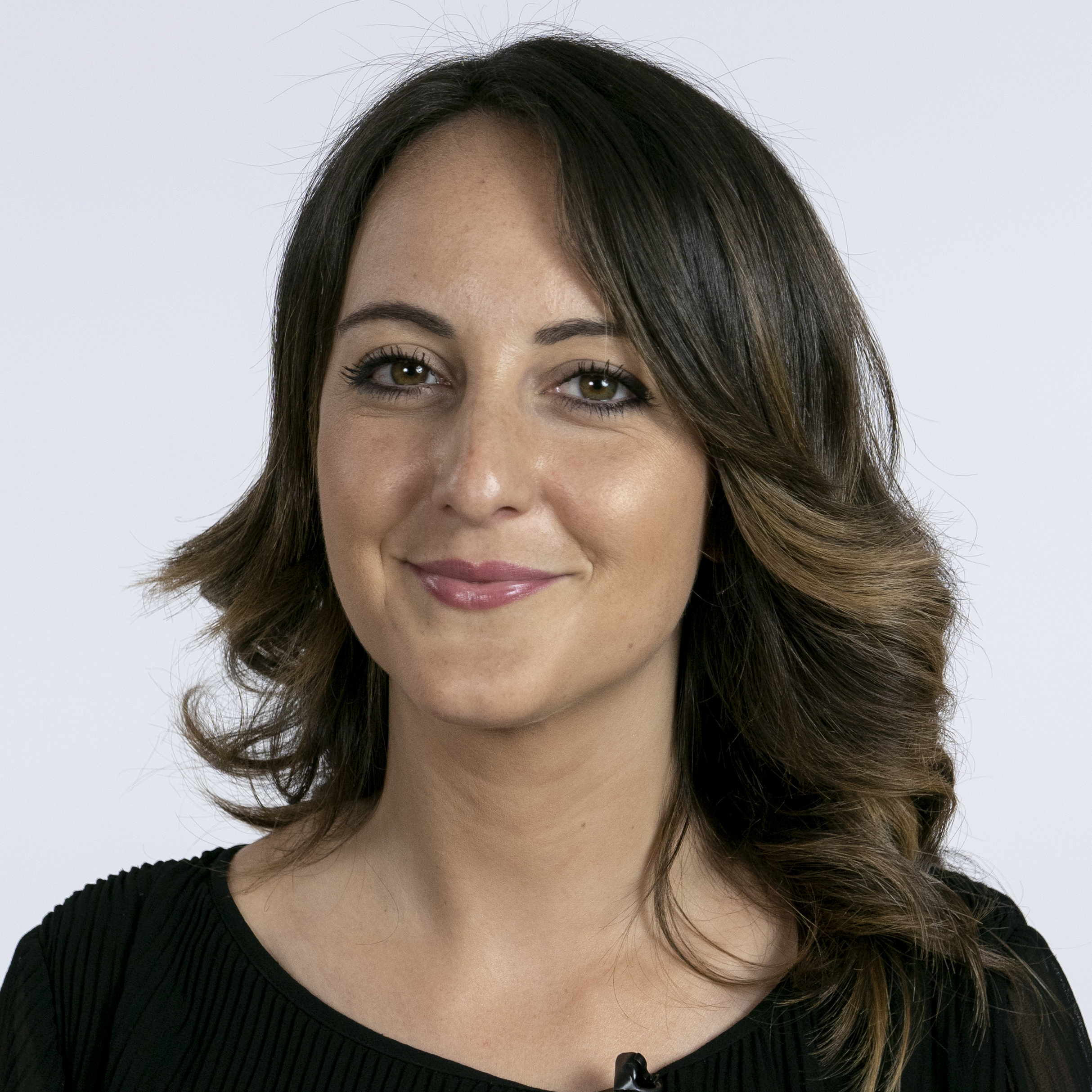
Claudia Mastrantoni
Interior Designer, PhD candidate at the Design Department of the Politecnico di Milano. Teaching Assistant in Metadesign Studio in the second year of the Interior Design Undergraduate Programme, in Final Synthesis Design Studio for Interior Design Master Degree Program and also in Product Service System Design - Environment Studio - Master Degree Program. Her research focus in particular on innovative spaces dedicated to the University Residences with the definition of communication guidelines for students’ dormitories.
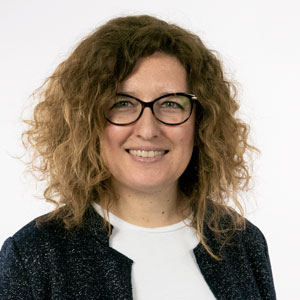
Agnese Rebaglio
Agnese Rebaglio PhD in Interior Architecture, is a researcher and assistant professor at the Politecnico di Milano’s Department of Design, She is part of the faculty of the Interior Design Undergraduate Programme and co-director of the Master Course in Urban Interior Design at Politecnico di Milano. Her research interests are related to the design of interior and exterior urban spaces, to set up new kind of hospitality in the contemporary city, through temporary, diffused services, new quality for public spaces, innovative models of re-use of disused spaces.
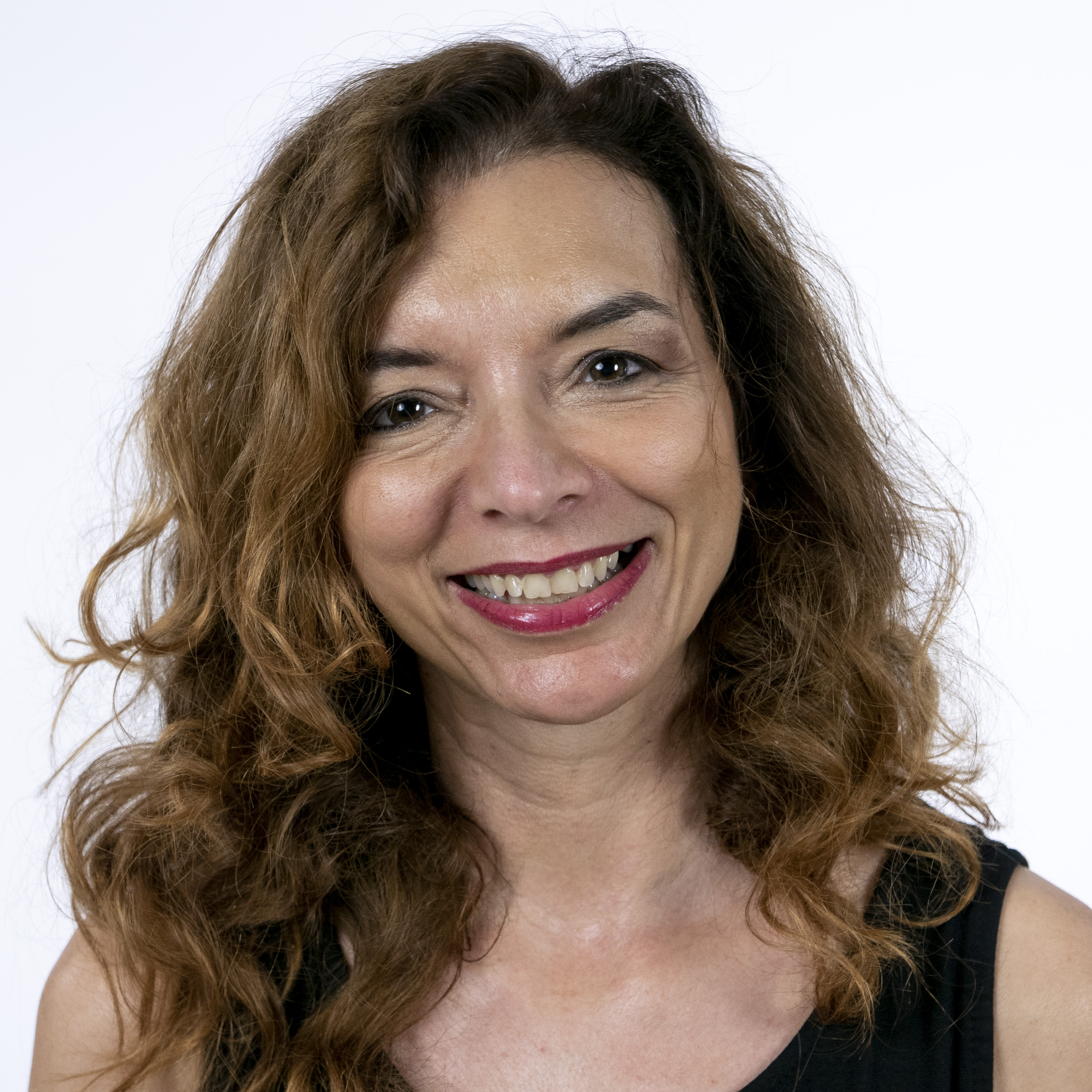
Raffaella Trocchianesi
Raffaella Trocchianesi is Associate Professor at the Politecnico di Milano’s Department of Design. She’s part of the Interior Design Programme and Dean of the Master in Exhibition Design. Her research field are connected to the Design for cultural heritage in terms of exhibit development and museography, event design, strategy and communication for enhancing local areas, new technologies and communication registers for narrative and cultural advancement, and to the relation of design with humanities and the arts.
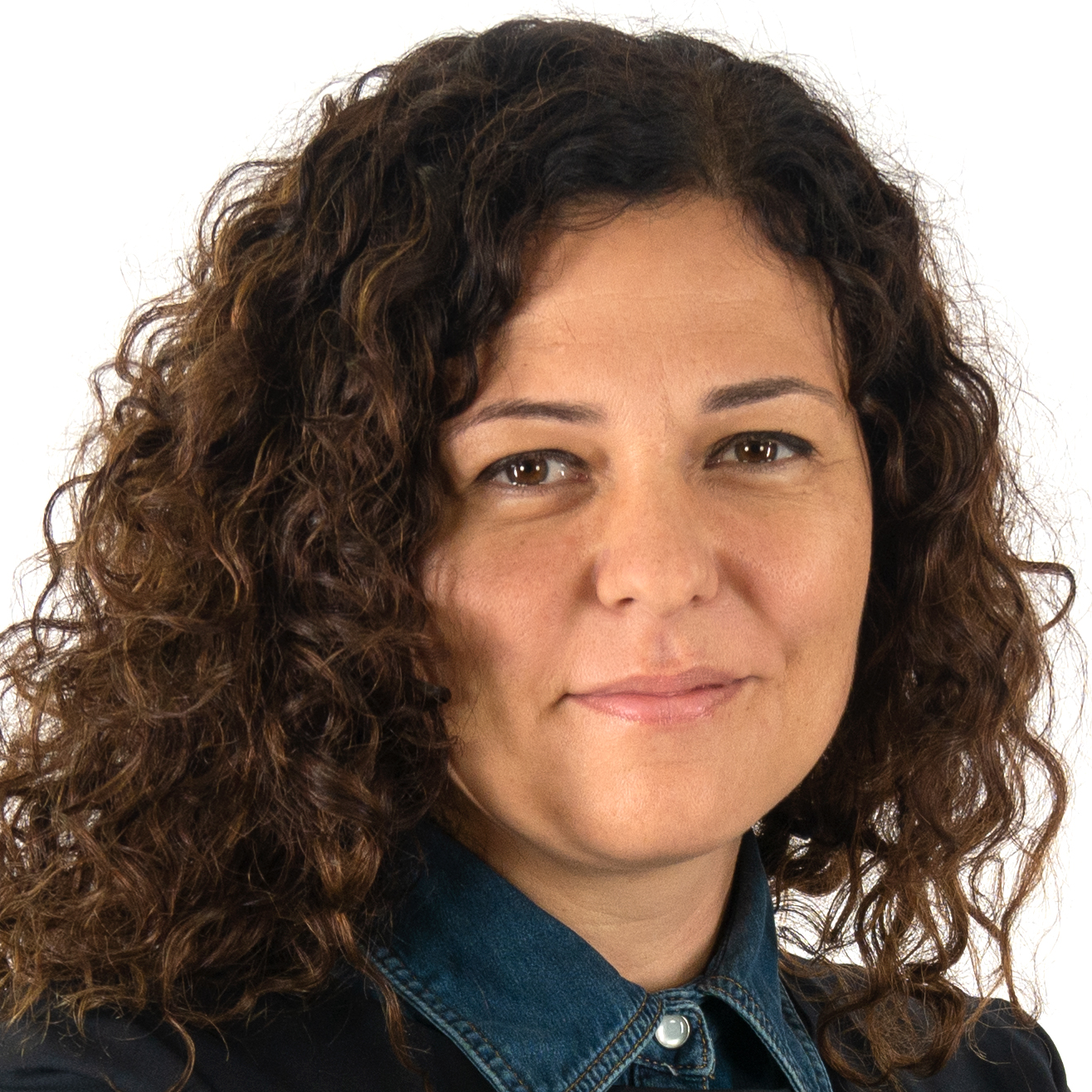
Federica Vacca
Federica Vacca, PhD in Design, is assistant professor at Politecnico di Milano - Design Department. She teaches Metadesign at Politecnico di Milano School of Design in the Fashion Design Programme (Ba level) and Product and Collection Development in the Master in Luxury Management at Politecnico di Milano School of Management. Her research interests relate to the enhancement of craftsmanship processes by design and to codifying visual merchandising practices in the fashion sector.
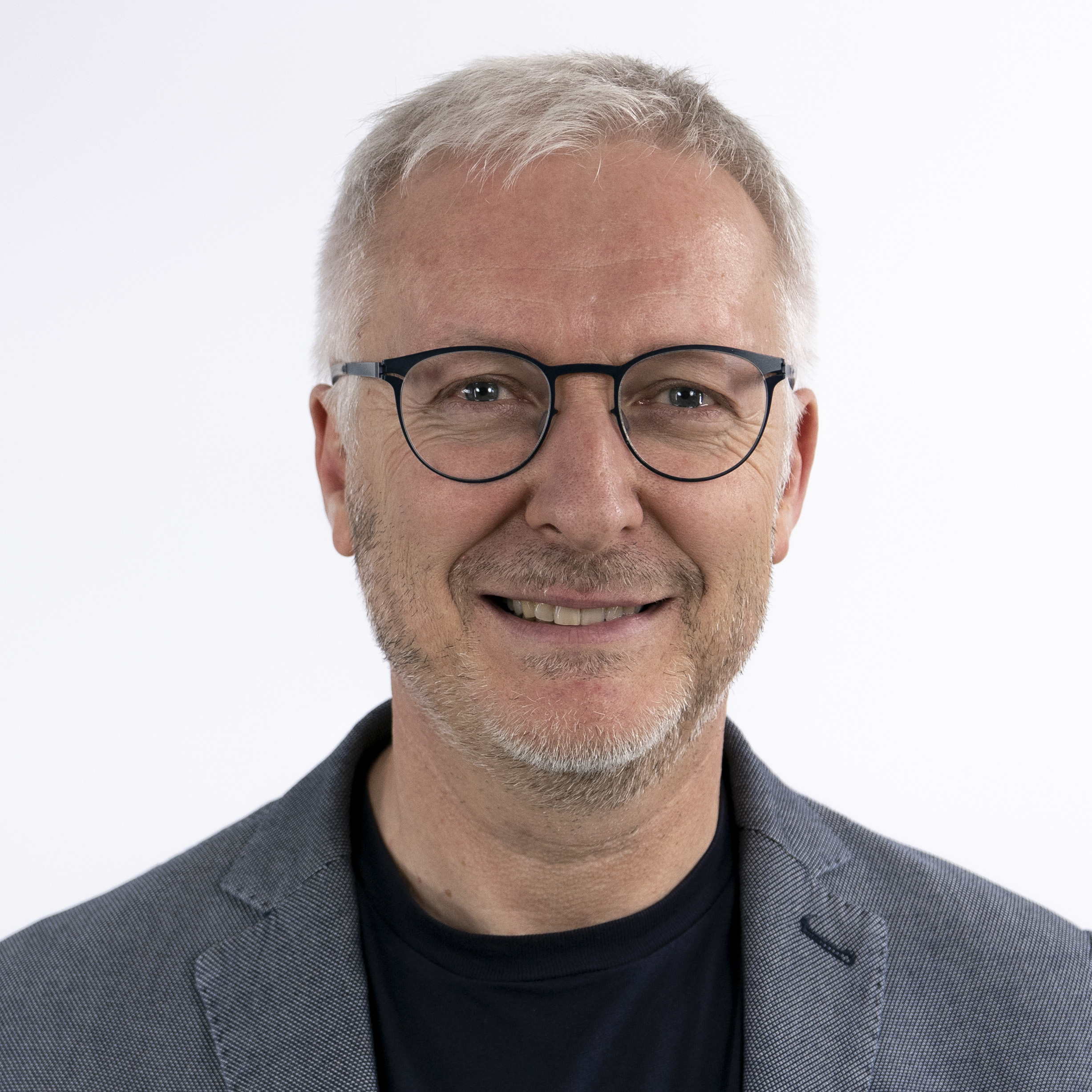
Francesco Zurlo
Francesco Zurlo is PhD in industrial design, Full Professor, Vice Dean of the School of Design at Politecnico di Milano. He is Scientific Director of the International Master in Strategic Design of Politecnico di Milano and Director of the International Master in Interior Design and Management. He is the scientific coordinator of the CREA Summer Academy project financed by Horizon2020. He is author of numerous international publications about strategic design, design management and design driven innovation.
Contact details
If you have any enquiries about the course or if you need technical assistance please contact pok@polimi.it. For further information, see FAQ page.